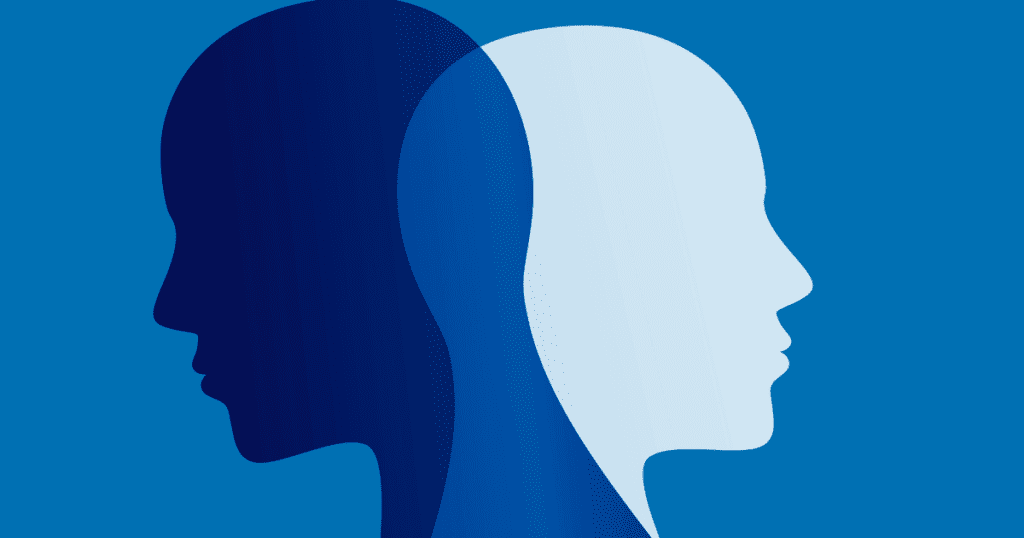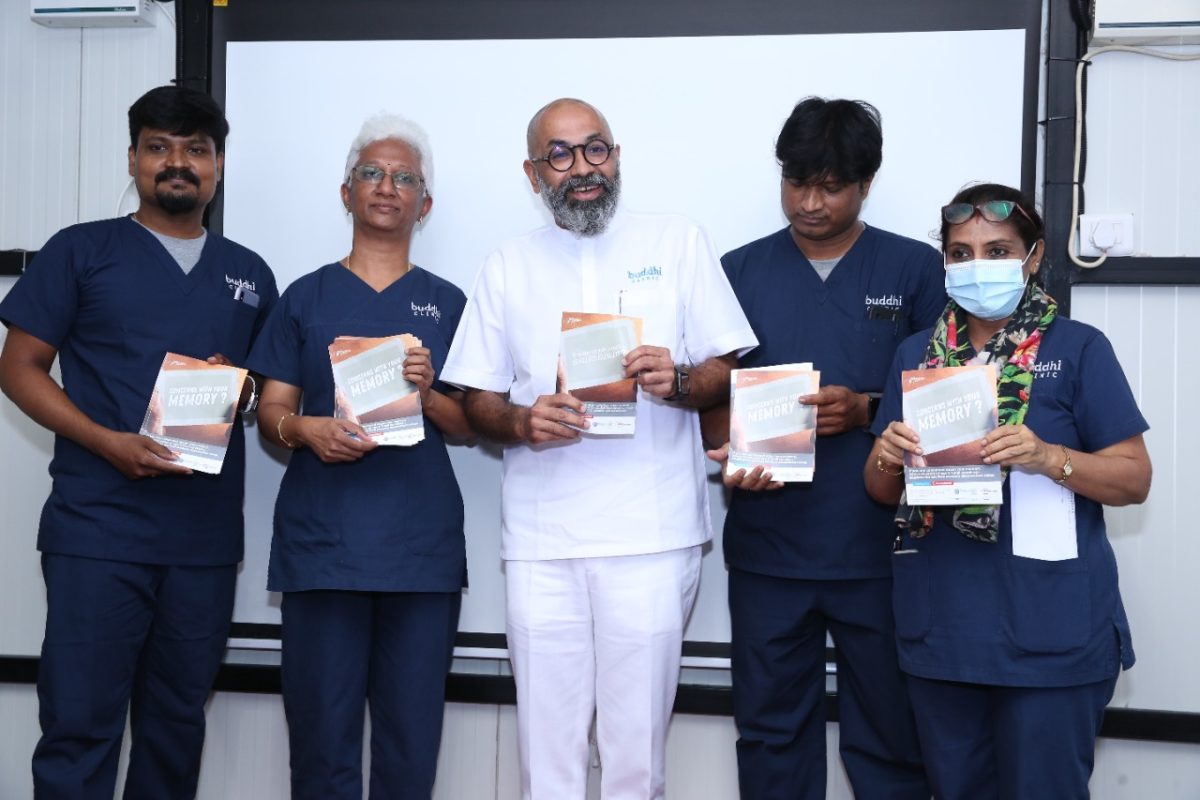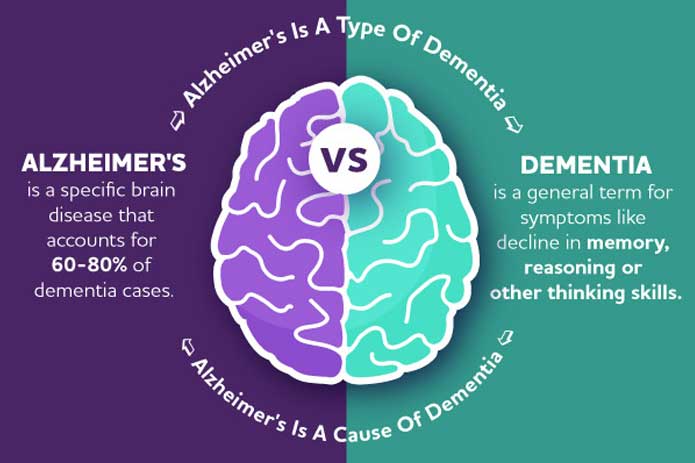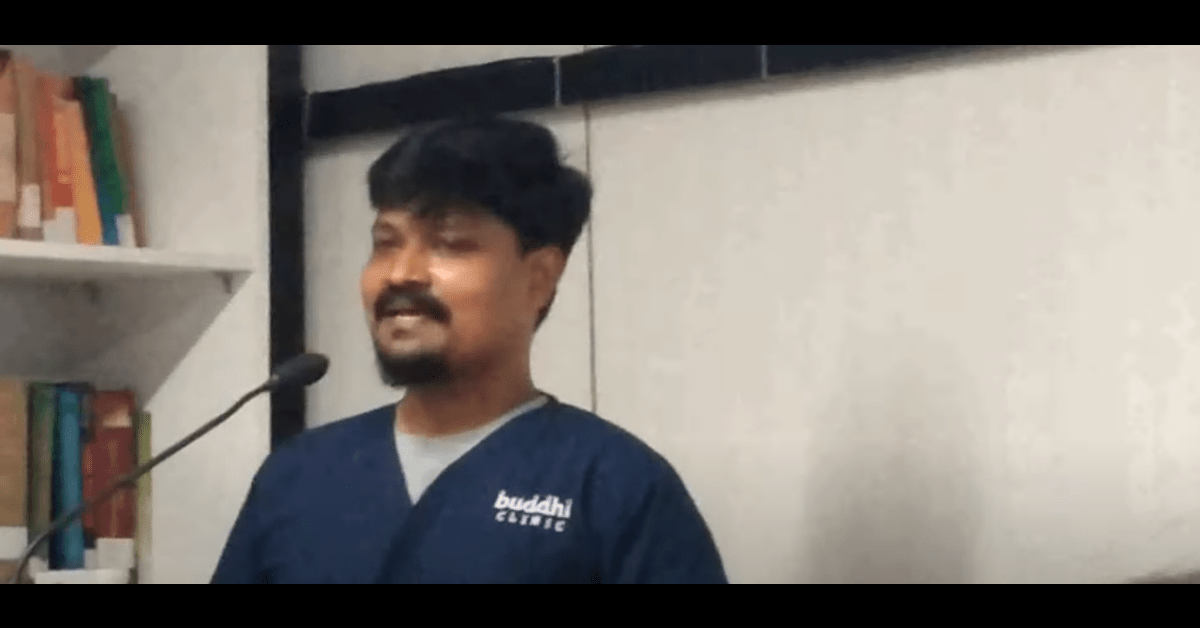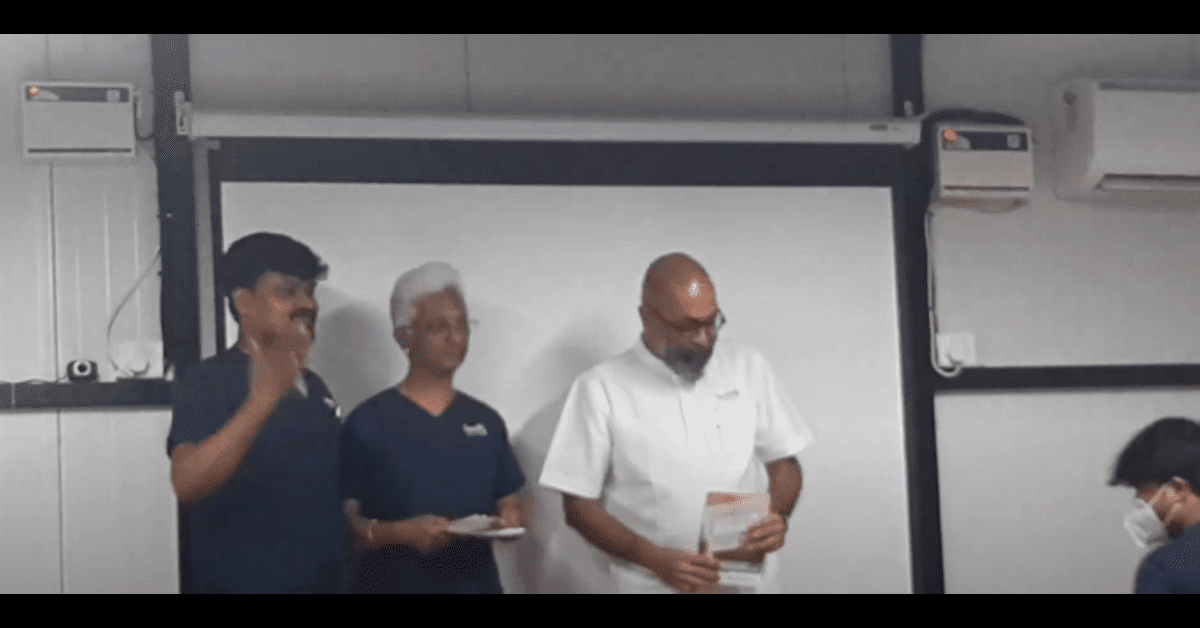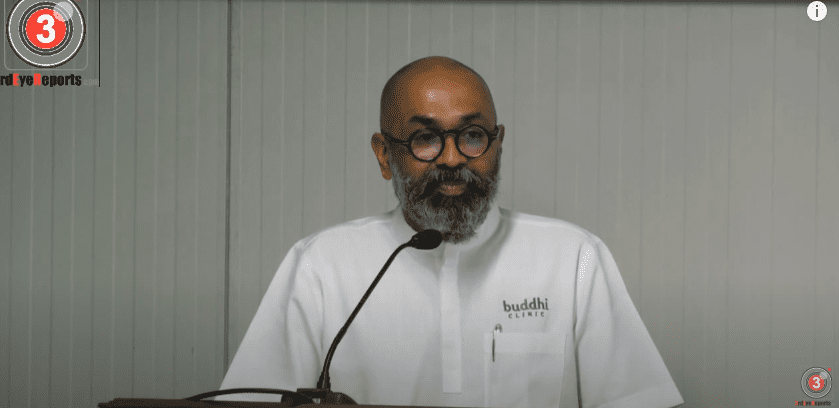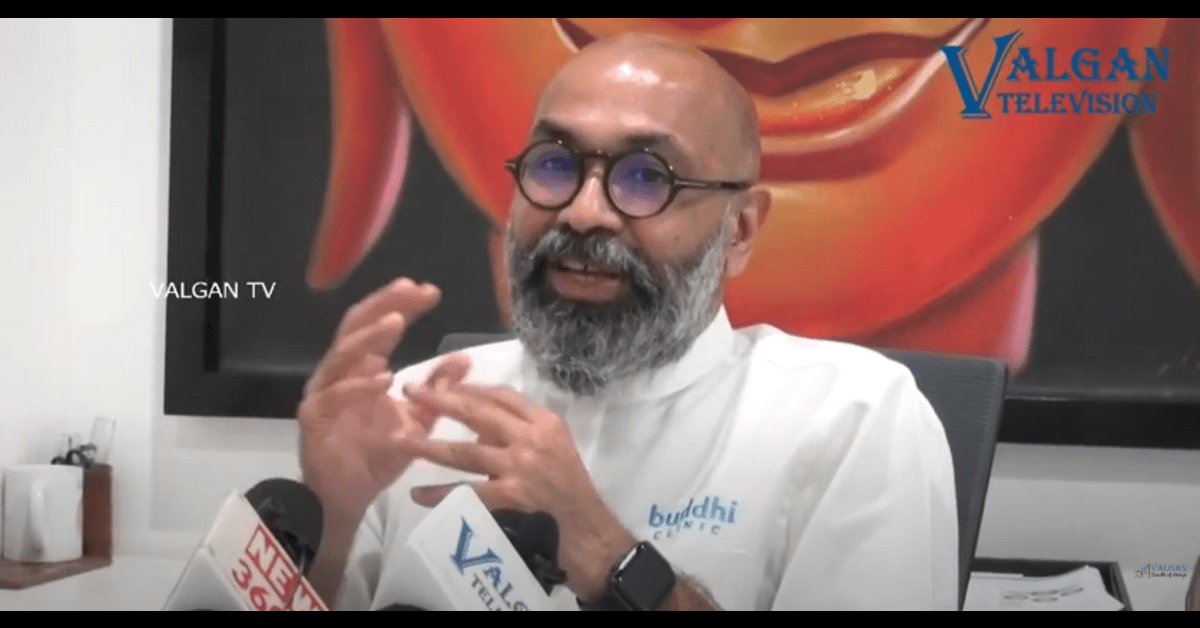Let’s take a look at why new year’s resolutions are helpful and why you should start making your New Year’s resolutions. As important as it is to plan, it’s equally important to implement them the right way, and that’s why at the end of the list, we’ll share some helpful tips on how you can achieve these resolutions.
The Benefits of Making New Year’s Resolutions
New Year’s resolutions help you introspect and make positive changes in your life, by helping you identify and address potential problems that you feel are holding you back from being the best version of yourself. A study conducted by PLOS showed that 64.5% of participants formulated a primary New Year’s resolution, while 58.9% of these people successfully achieved their goals. The very act of making a resolution leads people to be more intentional and motivated in order to achieve their objectives.
Additionally, setting resolutions can help to improve our overall well-being. When you work towards a specific goal, you could experience a sense of accomplishment and satisfaction. This can lead to increased self-esteem and confidence, which can have a positive impact on your mental health.
New Year’s Resolutions to Improve Mental Health
There are many potential resolutions that you may consider making to improve your mental health. There are so many different types of resolutions that people make, depending on what they need to change in their lives. Some of these resolutions include:
Increased exercise & physical fitness
Making time for activities that nourish you physically, (like sports, running, walking, exercising, swimming, and more) can be an important aspect of maintaining good mental health. Start small, if you haven’t been keeping up with physical activities and introduce a healthier diet into your life. Countless studies have shown that physical fitness makes you significantly more confident, so even if you start small, make sure you keep up with it regularly. Being physically fit reduces your risks of getting sick and thus makes it harder to develop mental issues like anxiety and depression. It also improves your memory and mood while keeping you fit.
Set boundaries
It’s important to prioritize your well-being and to learn to say no to things that don’t align with your values or that drain your energy. Make a list of activities that do not bring you joy, and communicate it with the people around you, so that you do not have to do anything that makes you feel negatively about yourself. It is important to be honest with yourself about the things that do not bring you any joy or happiness. By adding some boundaries and getting rid of others, you can gain more confidence, while being efficient in your daily life.
Engage in activities that bring joy
Finding hobbies or activities that bring you joy and making time for them in your life can be an important part of maintaining good mental health. Make sure to set aside time to pursue your hobbies, and for activities that bring you happiness. If you find that you don’t have any activities or hobbies that bring positivity into your life, then do a bit of introspection or seek out new experiences!
Seek out new experiences
Stepping outside of your comfort zone can be challenging, but it can also be incredibly rewarding. Consider trying new things and stepping out of your comfort zone in the year to come. Seek adventure or seek new spiritual experiences; unlock new ways to excite yourself. These new experiences release feel-good hormones, like dopamine and serotonin, which in turn can positively affect your mental health.


Seek support
It’s important to know when to ask for help. Do not hesitate to reach out to trusted friends, family members, or mental health professionals when needed. Solitude will lock your thoughts within your mind on endless loops that can hinder positive growth. Instead, find ways to let out your emotions & feelings and explore the solutions to your potential problems.
Take breaks from technology
It’s important to unplug and disconnect from screens every once in a while. Consider setting aside dedicated “screen-free” time each day to give your mind a break. You don’t just get freedom from the constant blue light in your face,you also get carefree moments to experience the reality of the physical world around you.
Tips for Successfully Implementing and Achieving New Year’s Resolutions
Now that we have identified some potential resolutions to improve mental health, it’s important to consider how you can successfully implement and achieve these goals. Let’s take a quick look at some of the best ways to implement your resolutions:
Be specific
It’s important to be very specific about the type and size of the goal, while also understanding the probable outcome that you would like to arrive at. Another great tip is to divide your goal into smaller, more manageable tasks and reward yourself for completing each one.
Make a plan
Once you have identified your specific resolution, it’s important to make a plan for how you will achieve it. This might include setting specific dates and times for completing your goal, identifying any potential barriers that might arise, and developing strategies for overcoming these challenges.
Seek accountability
It can be helpful to seek accountability in achieving your resolutions. This might involve enlisting the support of a friend or family member, or working with a coach or therapist. Having someone to keep you in check can be helpful as well as motivational.
Be patient and compassionate with yourself
It’s important to remember that improving your mental health is a journey and it’s okay to take things one day at a time. It’s also important to be kind and compassionate with yourself when you face setbacks or challenges.
Celebrate successes
As you make progress on your resolutions, it’s important to take time to celebrate your successes. This can help to boost your motivation and sense of accomplishment. Keep yourself motivated and ready to achieve more.
Conclusion
In conclusion, making New Year’s resolutions to improve mental health can be a powerful tool for making positive changes in your life. By setting specific goals and making a plan to achieve them, you can take proactive steps to improve your mental well-being. With the practices mentioned above, you can set yourself up for success in the coming year. It’s also important to not just plan but execute these in an efficient, rewarding, and serene manner.
In the end, even if you fail to achieve some of them, do not stress yourself out, because the reason you planned these in the first place is to reduce stress in your life. Hopefully, this article can add value to your time and show you a better path toward mental peace. Follow us at Buddhi Clinic for more!



